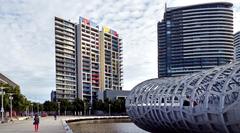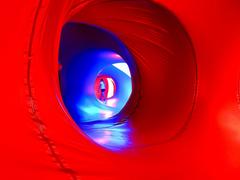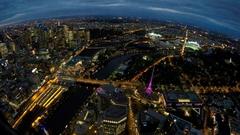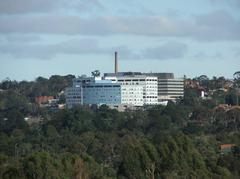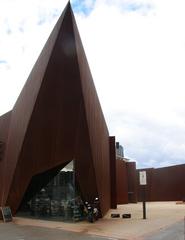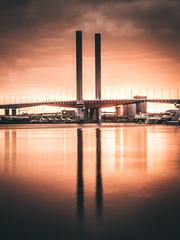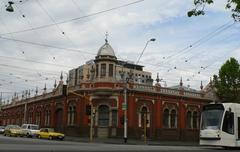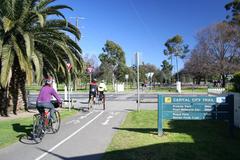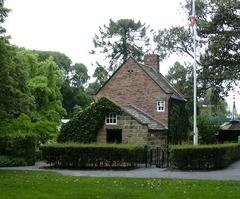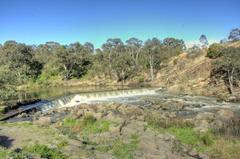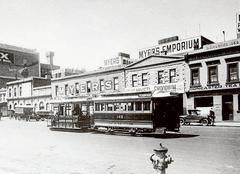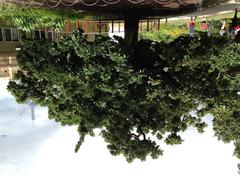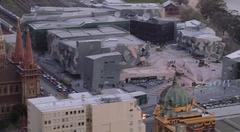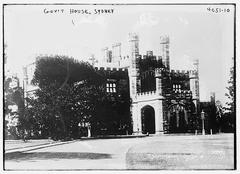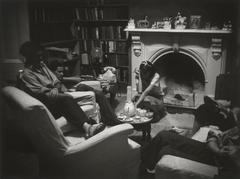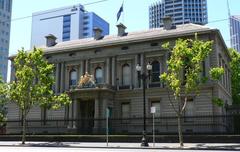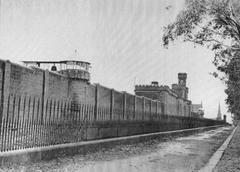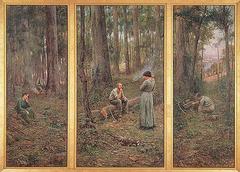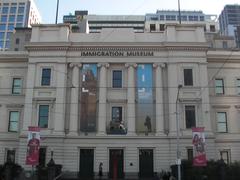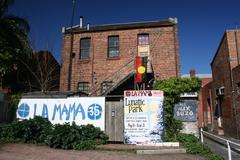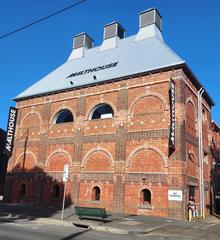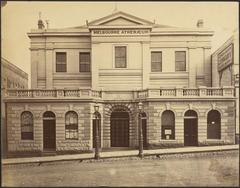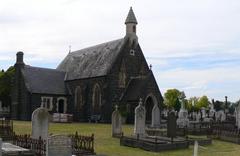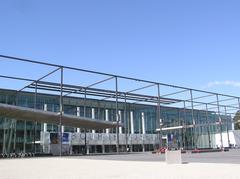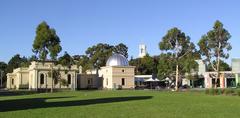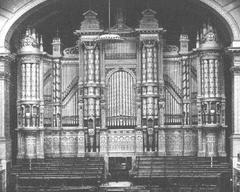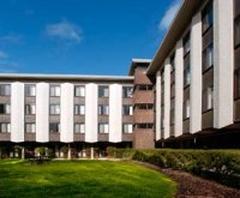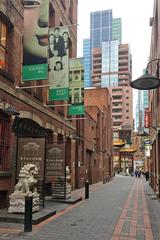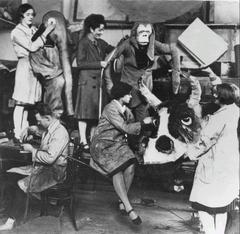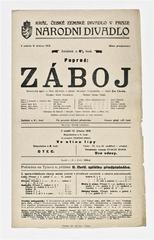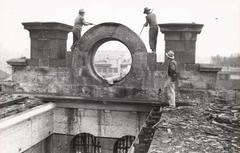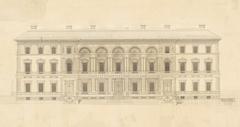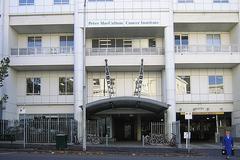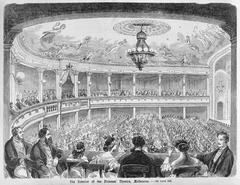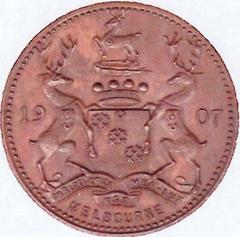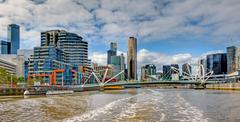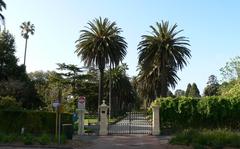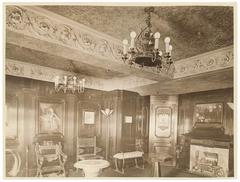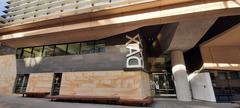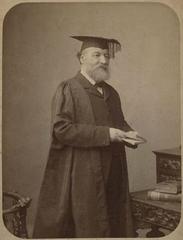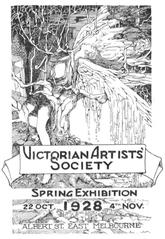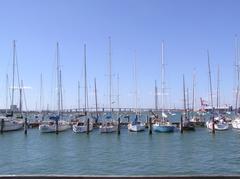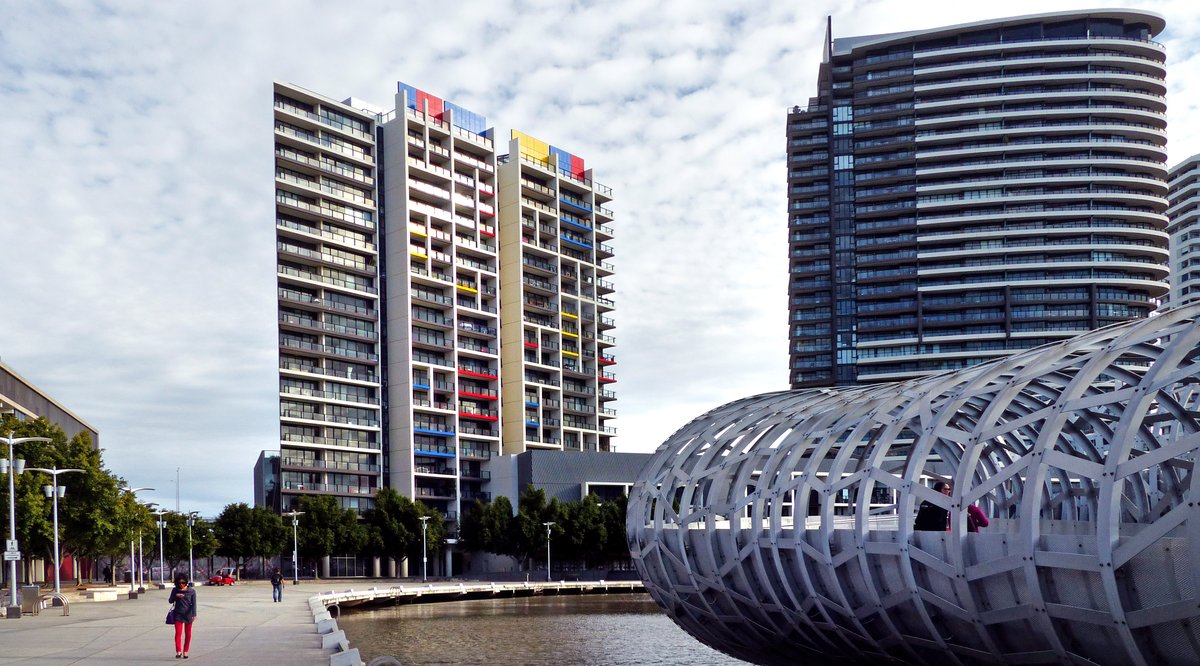
Comprehensive Guide to Visiting Webb Bridge, Melbourne, Australia
Date: 19/07/2024
Introduction
Webb Bridge, located in Melbourne, Australia, is an exemplary fusion of art and infrastructure, symbolizing the city’s progressive approach to urban development. Conceived as part of the Docklands redevelopment project, Webb Bridge is a pedestrian and cyclist bridge that reflects Melbourne’s commitment to cultural representation and sustainable design. This structure, designed by artist Robert Owen in collaboration with architects Denton Corker Marshall, was completed in 2003 and has since been a vital link between the Docklands and Southbank areas (Visit Melbourne). The bridge’s design draws inspiration from traditional Aboriginal fishing traps, paying homage to the Wurundjeri people and their cultural heritage (City of Melbourne). This guide aims to provide comprehensive information about Webb Bridge, including its historical background, architectural significance, and practical details for visitors. Whether you’re an architecture enthusiast, a history buff, or a casual explorer, Webb Bridge offers a unique experience that combines historical context with modern urban utility.
Table of Contents
- Introduction
- History of Webb Bridge
- Visitor Information
- Travel Tips
- Cultural Significance
- Nearby Attractions
- Awards and Recognition
- Maintenance and Preservation
- Impact on Urban Development
- Future Prospects
- FAQ
- Conclusion
History of Webb Bridge
Origins and Conceptualization
Webb Bridge was conceived as part of the Docklands redevelopment project, aimed at transforming the former industrial area into a vibrant urban precinct. The bridge was designed through a collaboration between artist Robert Owen and architects Denton Corker Marshall and was completed in 2003. This project exemplified Melbourne’s trend of integrating public art into infrastructure.
Design and Construction
Inspired by traditional fishing traps of the Aboriginal people, Webb Bridge features a unique net-like structure made of steel and aluminum. Spanning the Yarra River, the bridge is approximately 145 meters long and 5 meters wide, with its gentle curve enhancing its visual appeal. The construction required precise engineering to ensure structural integrity and safety.
Visitor Information
Visiting Hours and Tickets
Webb Bridge is accessible 24/7, offering free entry to all visitors. It serves as an important pedestrian and cyclist link between the Docklands precinct and Southbank area.
Guided Tours and Special Events
While there are no official guided tours specifically for Webb Bridge, several walking and cycling tours of Melbourne include the bridge as a highlight. Special events are occasionally held in the Docklands area, offering unique opportunities to experience the bridge in different contexts.
Travel Tips
Getting There
Webb Bridge is easily accessible by public transport. The nearest tram stop is at Docklands, and the Southern Cross Station is within walking distance. Cycling paths and pedestrian walkways are well-marked.
Photographic Spots
For the best photos, visit during sunrise or sunset when the lighting accentuates the bridge’s intricate design. The view from the bridge across the Yarra River also offers stunning cityscape shots.
Cultural Significance
Webb Bridge acknowledges the indigenous heritage of the area by reflecting the cultural heritage of the Wurundjeri people. It has garnered praise for its sensitivity and respect for indigenous culture. The bridge also promotes sustainable transportation, encouraging walking and cycling over driving.
Nearby Attractions
While visiting Webb Bridge, explore other attractions in the Docklands precinct, such as the Melbourne Star Observation Wheel, the Docklands Park, and a variety of dining and shopping options.
Awards and Recognition
Since its completion, Webb Bridge has received numerous awards, including the Australian Institute of Architects’ Joseph Reed Award for Urban Design in 2005. It has been highlighted in various architectural and design publications for its innovative design (Architecture Australia).
Maintenance and Preservation
Maintaining Webb Bridge’s structural integrity and aesthetic appeal is a priority for the City of Melbourne. Regular inspections and maintenance work ensure the bridge remains safe and visually appealing for all users.
Impact on Urban Development
Webb Bridge has significantly impacted the urban development of the Docklands precinct, attracting visitors and residents and contributing to its economic and social revitalization. Its success has inspired other cities to incorporate public art into their infrastructure projects.
Future Prospects
Webb Bridge is expected to continue playing a vital role in Melbourne’s urban landscape. Ongoing maintenance and community engagement will ensure it remains a landmark for years to come.
FAQ
What are the opening hours of Webb Bridge?
Webb Bridge is open 24/7 to all visitors.
Are there any guided tours available for Webb Bridge?
Though there are no official guided tours for Webb Bridge, it is featured in several walking and cycling tours of Melbourne.
Is there an entry fee for Webb Bridge?
No, Webb Bridge is free to access.
Conclusion
Webb Bridge stands as a testament to Melbourne’s innovative spirit and commitment to public art. Its design, cultural significance, and role in urban development ensure it will remain a landmark and source of pride for the community for generations to come.
For more information on Webb Bridge and its significance, you can visit the City of Melbourne’s official website.
References
- Visit Melbourne, 2023, Webb Bridge
- City of Melbourne, 2023, Webb Bridge
- Architecture Australia, 2004, Webb Bridge
